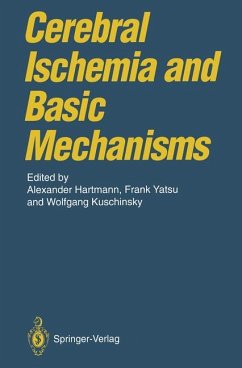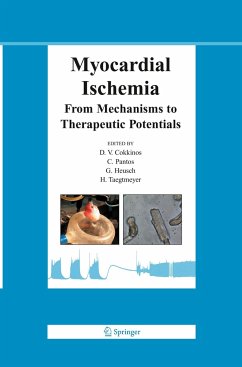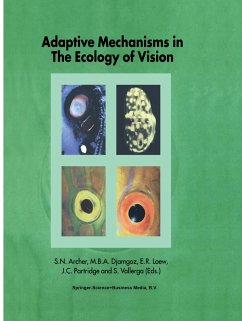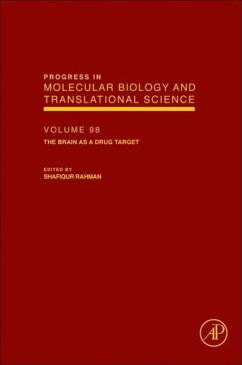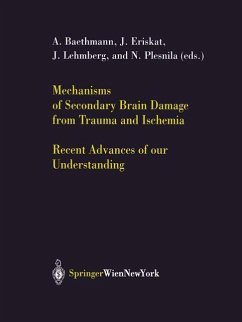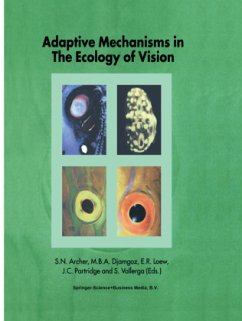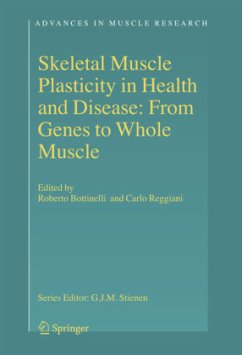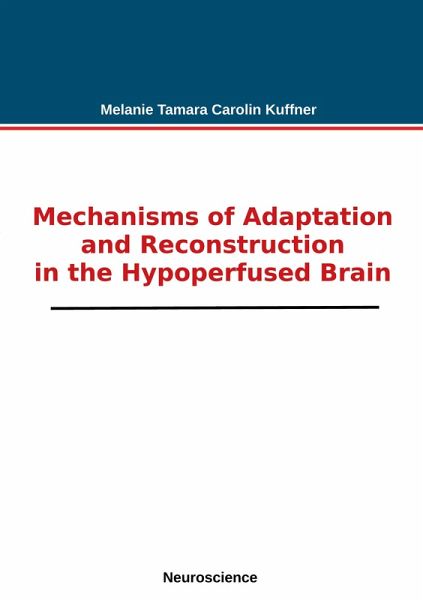
Mechanisms of Adaptation and Reconstruction in the Hypoperfused Brain

PAYBACK Punkte
0 °P sammeln!
This book delves into the molecular mechanisms after stroke and gives an overview about current findings in ameliorating the recovery phase. It provides insights into post-ischemic recovery processes and illustrates novel findings of targets for therapeutic interventions for brain ischemia. Focus topics are microenvironmental changes mediated by the molecules interleukin 6 (IL-6) and SorCS2 in murine models of ischemia. One particular focus of the book is the evaluation of the effect of the inflammatory cytokine IL-6 on the brain parenchyma in carotid stenosis, a chronic form of brain ischemia...
This book delves into the molecular mechanisms after stroke and gives an overview about current findings in ameliorating the recovery phase. It provides insights into post-ischemic recovery processes and illustrates novel findings of targets for therapeutic interventions for brain ischemia. Focus topics are microenvironmental changes mediated by the molecules interleukin 6 (IL-6) and SorCS2 in murine models of ischemia. One particular focus of the book is the evaluation of the effect of the inflammatory cytokine IL-6 on the brain parenchyma in carotid stenosis, a chronic form of brain ischemia. IL-6 plays an ambivalent role in the hypoperfused brain. The study in this book shows that on a network and molecular level, IL-6 can mediate potentially beneficial changes and provides potential therapeutic targets for continuing research. In a second study, the role of SorCS2 in stroke is analyzed, providing new insights into the role of this sorting protein in stroke recovery. By shining light on the prediction of humane endpoints in ischemic mouse models, this book also shines light on the 3R approach of reducing animal suffering in experimental research.






